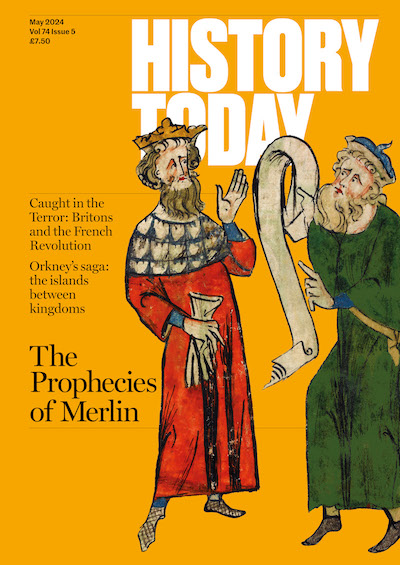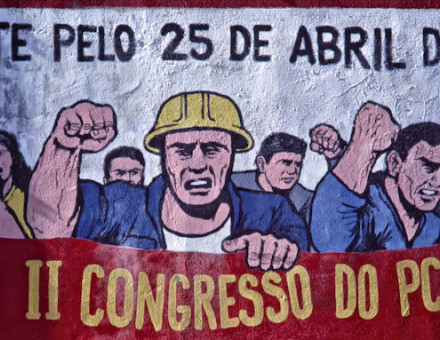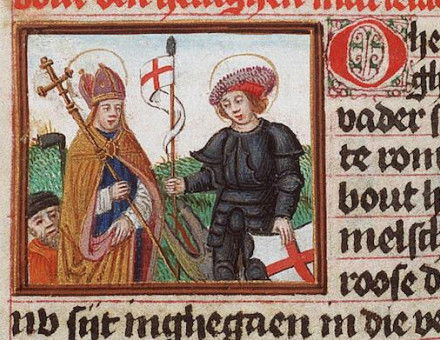The Death of Don Juan: Murder, Myth and Mayhem in Madrid
Robert Stradling presents an intriguing new interpretation as to who the legendary Lothario actually was, and lifts the lid on questions of conspiracy and sexual identity in 17th-century Spain.
Who was the original Don Juan? Tradition links the myth of the stereotype seducer closely with Spain. Europe's perception of Spain, from the time of the birth of the Don Juan legend in the seventeenth century, has been one of decline and decadence. In this context, Spain's many rivals and victims derived vengeful satisfaction from a range of appropriately negative images of the enemy. From this perspective, Spanish society seemed inhibited by primitive customs and taboos. These besetting sins are use- fully encapsulated in a series of evocative Castilian words which have passed into the international lexicon of national characteristics. 'Siesta' and 'manana', are good examples, but in this essay I am concerned with another, topically the most negative of all – 'macho'.





